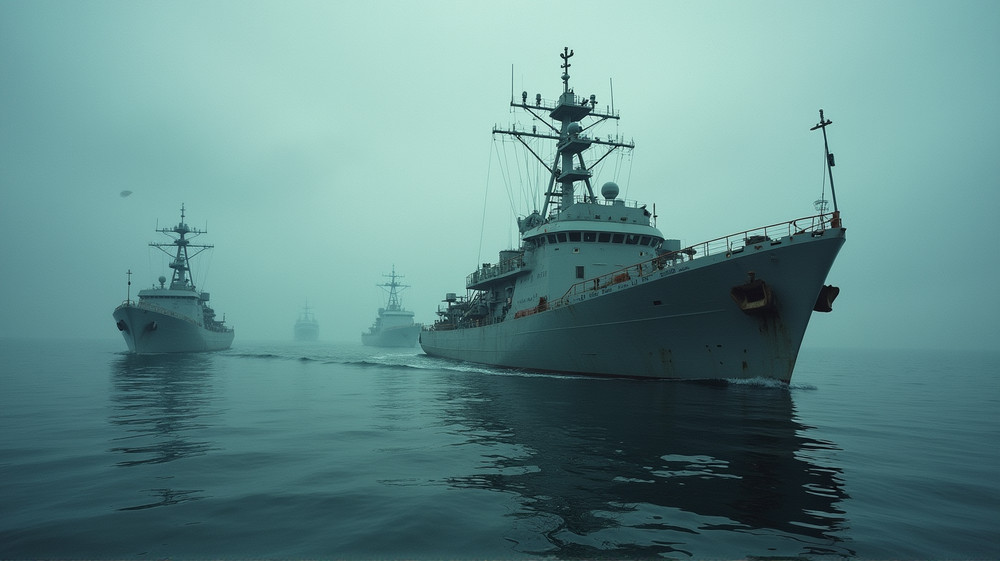In a world increasingly aware of humanitarian struggles, the latest incident involving the civilian vessel Handala has shed light on the ongoing plight of Palestinians in Gaza. The Handala, operated by the Freedom Flotilla Coalition, was en route to break the restrictive blockade imposed by Israel when it was forcibly intercepted in international waters. The vessel housed crucial humanitarian supplies—baby formula, diapers, food, and medicine—destined for Gaza’s beleaguered population. According to Freedom Flotilla, this breach of international law has spurred worldwide condemnation and calls for justice.
A Multinational Humanitarian Effort
The Handala was not just carrying cargo; it was bearing hope on behalf of 21 civilians from 12 different countries. These individuals ranged from parliamentarians and human rights lawyers to journalists and activists, each driven by a shared mission: to deliver aid and draw attention to the suffering in Gaza. This diverse crew included notable figures like Christian Smalls, a founder of the Amazon Labor Union, and Emma Fourreau, a Member of the European Parliament.
The Escalating Conflict Over Humanitarian Missions
This isn’t the first time the Freedom Flotilla has faced violent opposition. Earlier this year, two other vessels, Conscience and Madleen, were also targeted. In each case, the Israeli forces exhibited a blatant disregard for international protocols and the International Court of Justice’s mandates. The attack on Handala represents a continuing trend of aggression against civilian efforts to provide relief.
A Call for Legal Accountability
In response to these recurrent violations, the international community has urged Israel to comply with international maritime law. Ann Wright, a prominent member of the Freedom Flotilla’s steering committee, stated emphatically, “Israel has no legal authority to detain international civilians aboard the Handala.”
The Humanitarian Struggle and Global Response
As the Handala incident continues to unfold, the global spotlight remains firmly on Israel’s policies and their implications for international humanitarian efforts. The unity of the international crew aboard Handala speaks volumes about the collective commitment to defending human rights and ensuring that aid reaches those in need.
What Lies Ahead
With international pressure mounting, the world watches closely to see how this tense situation will resolve. The detained activists have pledged resistance through hunger strikes, refusing sustenance provided by the Israeli Occupation Forces. It’s a poignant protest underscoring the gravity of their mission and the stakes involved.
The activation of public outcry, the unwavering global support for the detained crew, and the critical discourse around international maritime rights are crucial steps toward resolving this incendiary situation.












